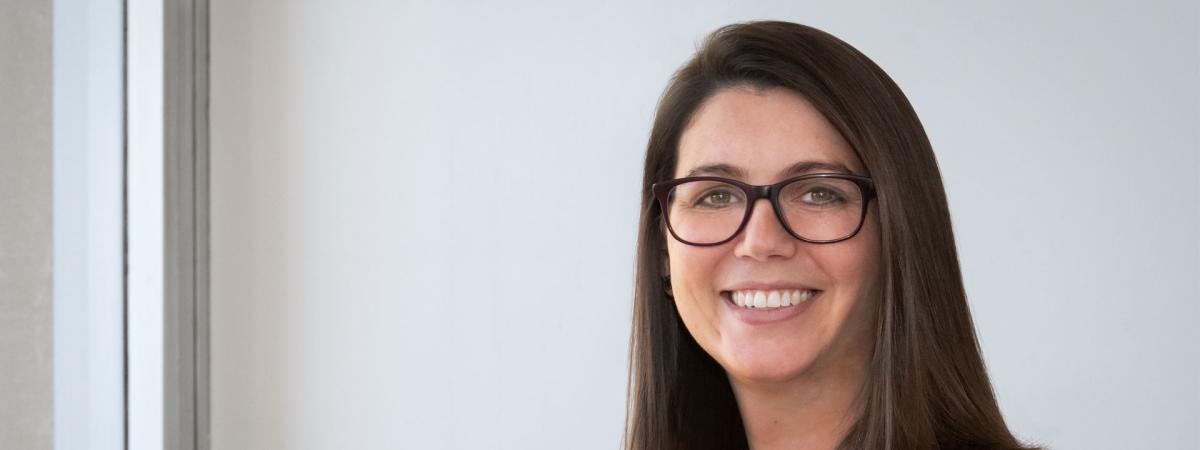
Meet a researcher extracting the elements that could change everything
Associate Professor, Department of Chemical and Biomolecular Engineering, Case School of Engineering
Member, Cancer Imaging Program, Case Comprehensive Cancer Center
Area of Focus: Developing advanced materials and processes to separate f-elements (lanthanides and actinides) with applications in recycling used nuclear fuel, nuclear medicine, and recovering rare earth elements from waste streams.
Christine Duval’s work begins where most people stop looking: in the overlooked, the discarded, the waste.
At Case Western Reserve University, Duval leads a lab focused on designing materials and processes that purify rare and valuable metals—especially those used in cancer treatments, clean energy and national defense. Her team’s research helps address a pressing issue in the U.S.: many of these critical materials, which are essential for everything from advanced batteries to medical isotopes, are currently sourced from outside the country.
Duval’s goal is to help secure domestic supply chains by recovering those metals from waste.
Her research spans multiple projects, including building tools to extract isotopes used in cancer treatment and prototyping 3D-printed separation process units. These efforts are often driven by interdisciplinary collaborations—with Argonne and Brookhaven national laboratories among her key partners. Many of those relationships began during her time as a graduate student, a U.S. Department of Energy fellow, or guest speaker at national labs.
“All of our projects have an interdisciplinary component—it makes the work more impactful,” Duval said. “Bringing together teams with diverse skill sets pushes everyone to be more creative and think more deeply.”
In 2020, Duval helped CWRU earn approval to offer fellowships through the Department of Energy’s University Nuclear Leadership Program. That designation has since led two students to win the prestigious award, which includes internships at national labs. The resulting collaborations have helped spark new research funding, a provisional patent, and progress toward scaling up nuclear fuel recycling.
Most recently, Duval participated in the Veale Faculty Fellowship program, which supports faculty in advancing their research and entrepreneurial endeavors. Applications for the fellowship are opening soon.
Since joining CWRU, Duval has mentored two postdocs, eight PhD students, five MS, and 20 undergraduates—each gaining hands-on training in designing experiments, testing hypotheses and solving real-world problems.
“Research is a marathon,” she said. “It’s easy to get burned out if you don’t feel supported or inspired to do the work.”
And for Duval, that support goes both ways: “At the end of the day, I’m motivated by my students and collaborators,” she added. “That’s what makes the work fulfilling.”




